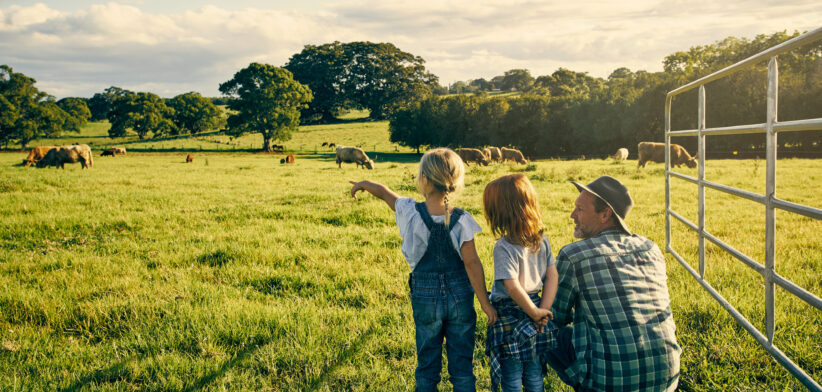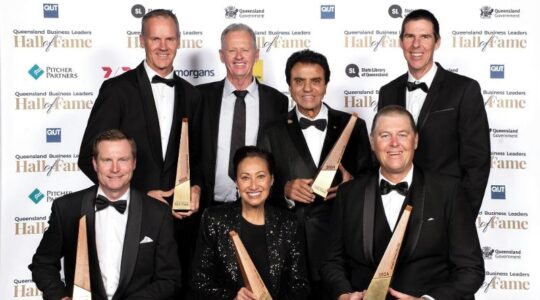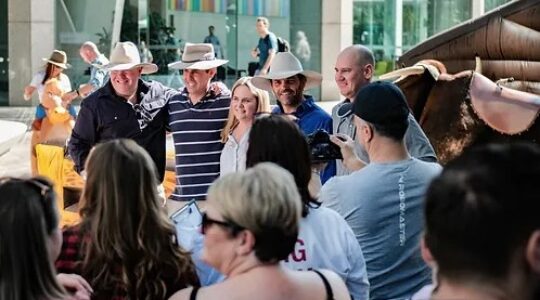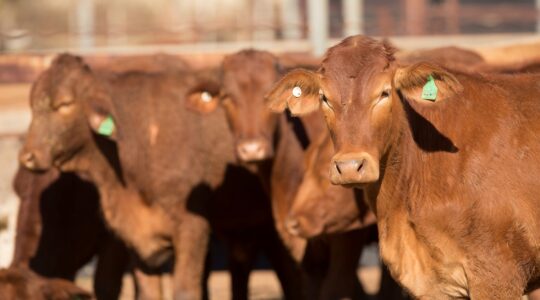Australian farmers have been urged to more proactively tell their sustainability stories to lessen the risk of tougher legislative requirements in the future.
McCullough Robertson Lawyers Partner Duncan Bedford said he believed most farmers were aware of the need to adopt sustainable farming methods and were acting on that need.
“They’re not the problem, they’re part of the solution but that is not communicated well to society more broadly,” he told Newsreel.
“This runs the risk of governments being overly influenced by other groups and could well lead to overregulation of the sector in the future.”
Mr Bedford, who is moderating a panel discussion during Beef Australia 2024 in Rockhampton this week, said the communication gap was exacerbated by younger generations having increasingly less connection with farmers and their important role.
Other powerful lobby groups were able to paint farming as a major environmental problem and a threat to animal welfare. Many school children believed that farmers “just knocked down trees and destroyed the environment”.
“A lot of these campaigners tell that story very well through communication channels where the urban population is, and can have a big impact on the majority of voters and government,” Mr Bedford said.
“I think it is incumbent on farmers, their industry bodies and their representatives in Parliament to amplify their story.
“It is really important that the perception of the country and farmers is based on the absolute requirement for food security. Farmers produce the food we need to exist and be healthy. That story seems to get lost a little bit.”
Mr Bedford said his experience with McCullough Robertson regional and rural clients overwhelming suggested that farmers were aware of the need to adopt sustainable farming methods and “are doing so pretty much across the board”.
He said farms, by their nature, needed to embrace long-term sustainable farming practices because of weather variables and the need to maintain fertile ground over multiple generations.
“The upside of more sustainable farming methods is larger productivity gains from adopting better farming practices and that’s necessary given (rising) input costs,” he said.
“There’s also the opportunity to reach a premium market out there that includes technology and traceability, and trust by the consumer base in the way certain products are produced.
“This is particularly the case in export markets where it is a major advantage for Australia to be seen as clean and green.”
Mr Bedford said that, on the risk side, farmers would need to work hard on maintaining their social licence to operate.
The time was coming when industries that did not meet sustainability standards would not be able to participate in the market.
If you did not minimum standards “consumers won’t allow it and barriers to entry will be legislative.”
“For example, there will be a point at which targets will be set for 2030 on methane emissions and you will be punished if you don’t meet them,” Mr Bedford said.
In this environment, smart farmers were taking the opportunity to diversify income sources on their land to create passive income during challenging years.
This included capitalising on carbon credits from farmland projects.
“In the past some farmers didn’t want to find endangered species on their properties (because of the land restrictions that resulted from that),” he said.
“Now it’s different because if you can find them on your farm, you can actually derive some benefit from that.
“There are also opportunities around the use of farmland for renewables projects as an income stream. A lot of farmers don’t like it, but it can be rewarding if done well, and it is aligned with the sort of sustainability framework that the government is trying to advance.”
McCullough Robertson Lawyers is hosting its Beef Week Breakfast in Rockhampton on May 8. Beef Australia 2024 runs from May 5 to 11, 2024.








